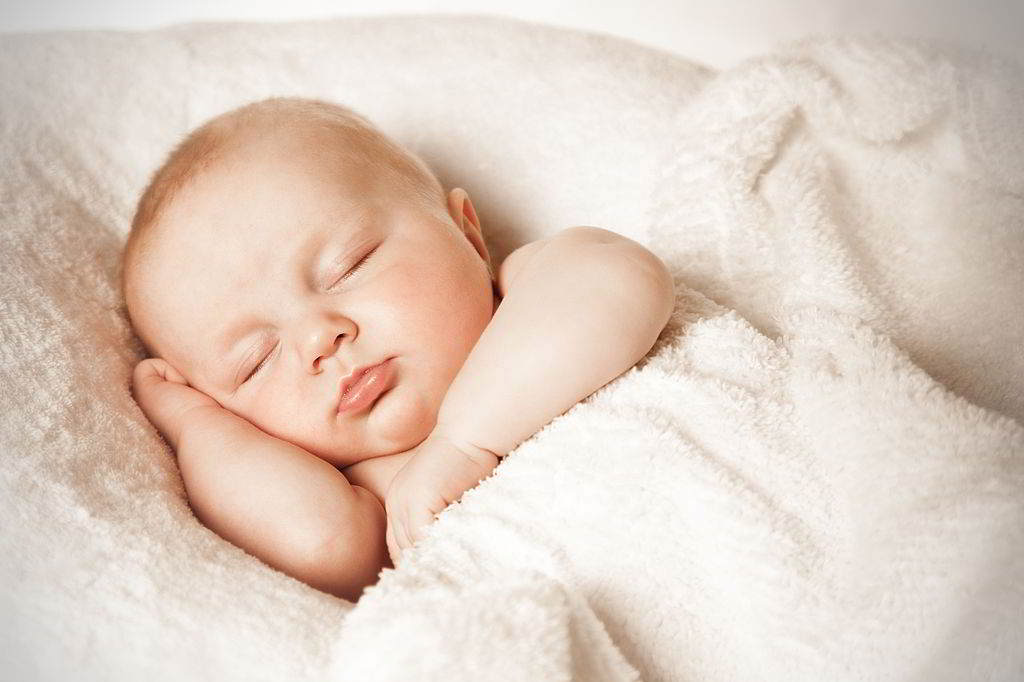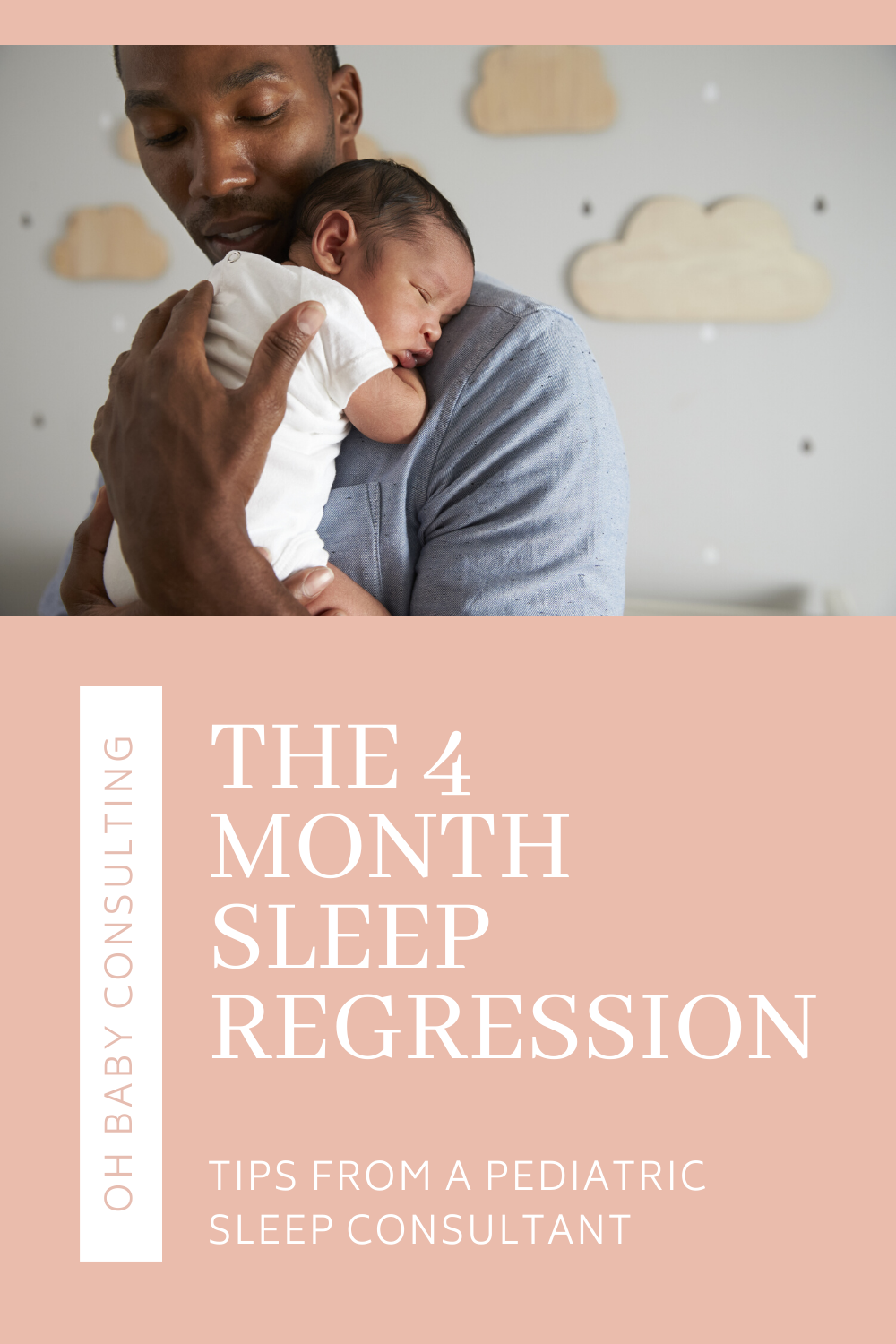

18 Month Sleep RegressionĪt 18 months old, your toddler is gaining independence and an understanding of others’ roles in relation to theirs. Read more about sleeping patterns for a 9-month-old here. 5, 7 It’s an exciting time, but your baby may be so focused on mastering the new skills that they may want to practice even during times they should be sleeping. In this same age stage, many babies experience a burst in gross and fine motor skills, such as standing, crawling, and grasping objects between their thumb and index finger. 5, 6, 7 So when your baby wakes in the night, instead of soothing themself back to sleep, your baby may realize you are not around and fuss wanting to be near you. Object permanence can then cause separation anxiety. 9 Month Sleep RegressionĪround 9 months to a year, babies develop object permanence or the understanding that something or someone still exists even though they are not in sight.

Learn more about sleeping patterns for 4-month-old babies here. 4 Something to look forward to once this 4-month sleep regression passes! The good news is that around this time, sleep is also starting to consolidate allowing for longer sleep through the night for many babies. 1 This is a big change from the newborn sleeping pattern, and it will likely take some time to adjust. What are the most common sleep regression ages and what can you expect at each one? 4 Month Sleep RegressionĪt around 4 months old, babies develop their sleep rhythm or sleep cycles that bring them through phases of deep, light, and REM sleep. While it is not guaranteed that your baby will experience a sleep regression at any or all of these age ranges, most families do notice a sleep regression at some point in their child’s babyhood. 2Ĭommon baby sleep regression ages are 4, 9, 18 and 36 months of age – periods typically associated with growth spurts in physical, cognitive, and emotional development. The duration of a sleep regression will vary from child to child but the good news is that they will not last forever! 1Īlthough a sleep regression can be very frustrating for both you and your baby, it is actually a signal of healthy growth and development in your child. 1 Along with disrupted sleep, your baby may also seem clingier, grumpy, and in general ‘out of sorts’. We know this is hard to hear, but baby sleep regressions are the norm.Ī sleep regression occurs when a baby wakes frequently during a time they otherwise had been sleeping well – at night or in daytime sleep.
#9 month sleep regression how to
How to help baby move past a sleep regression Read time: 8 minutes What should you know about baby sleep regressions?


 0 kommentar(er)
0 kommentar(er)
